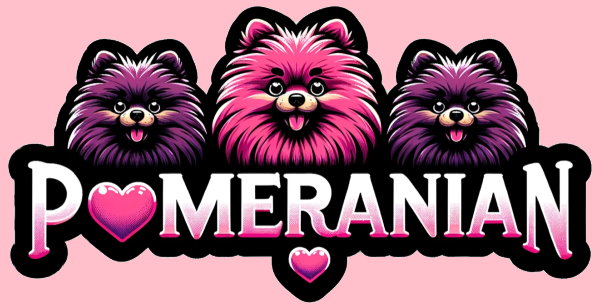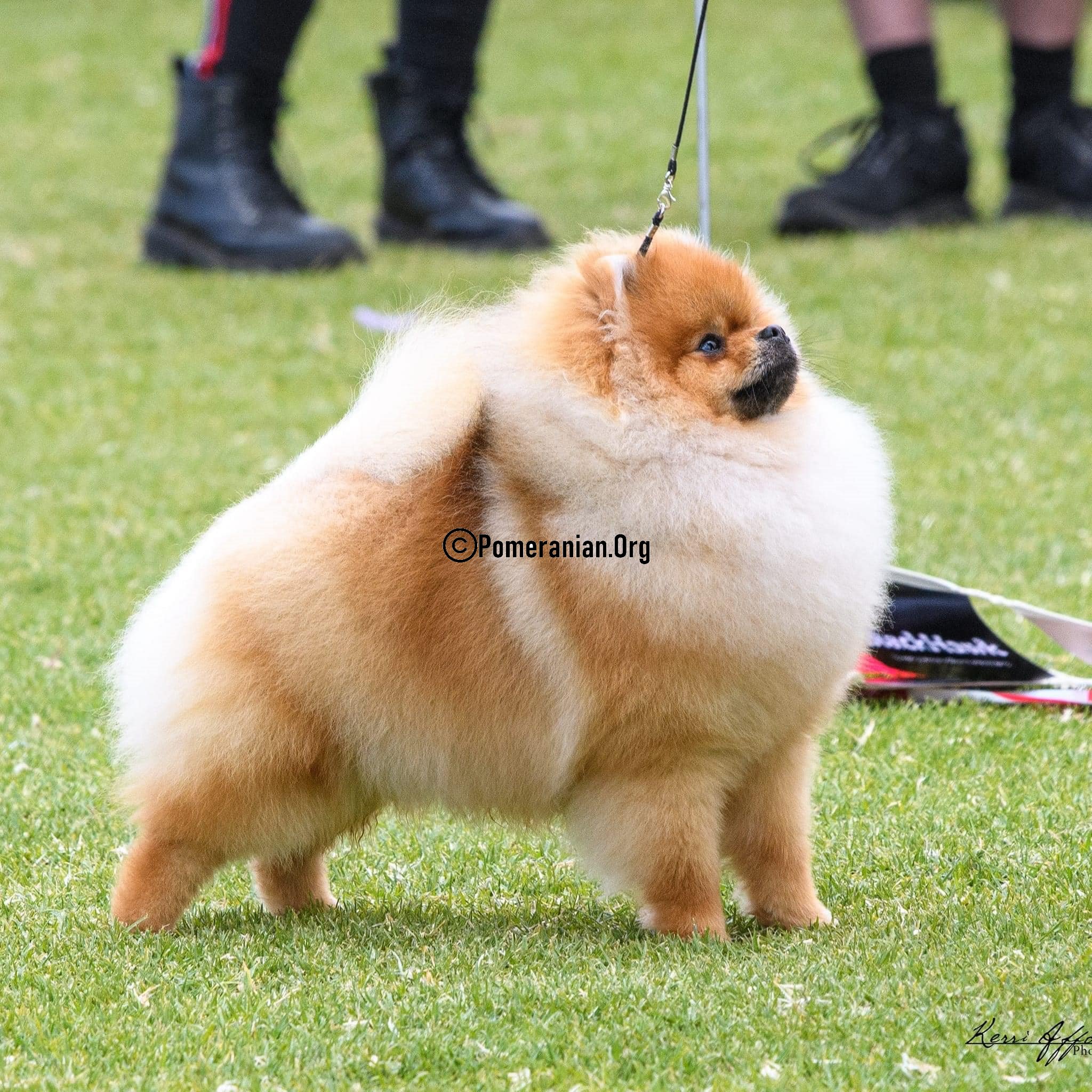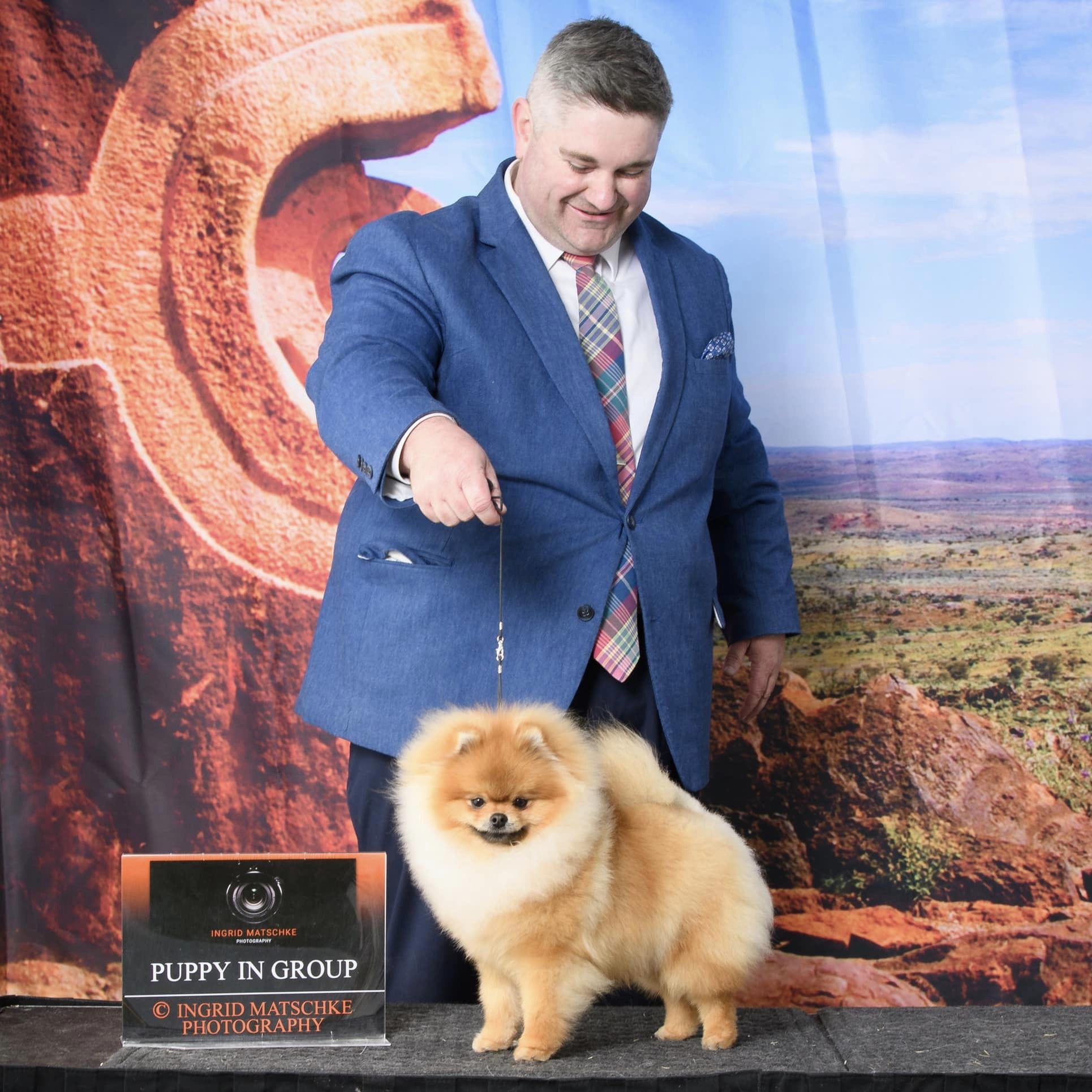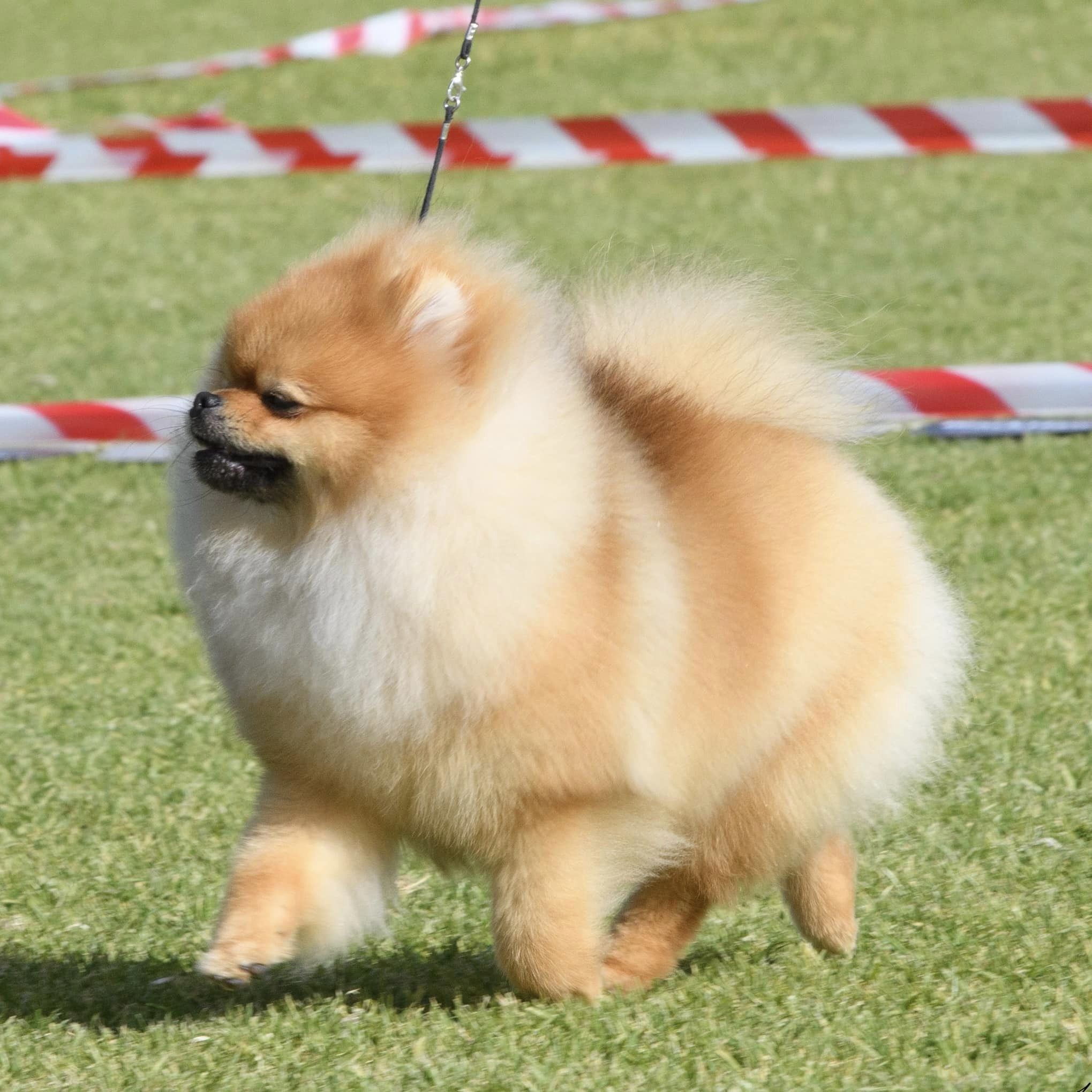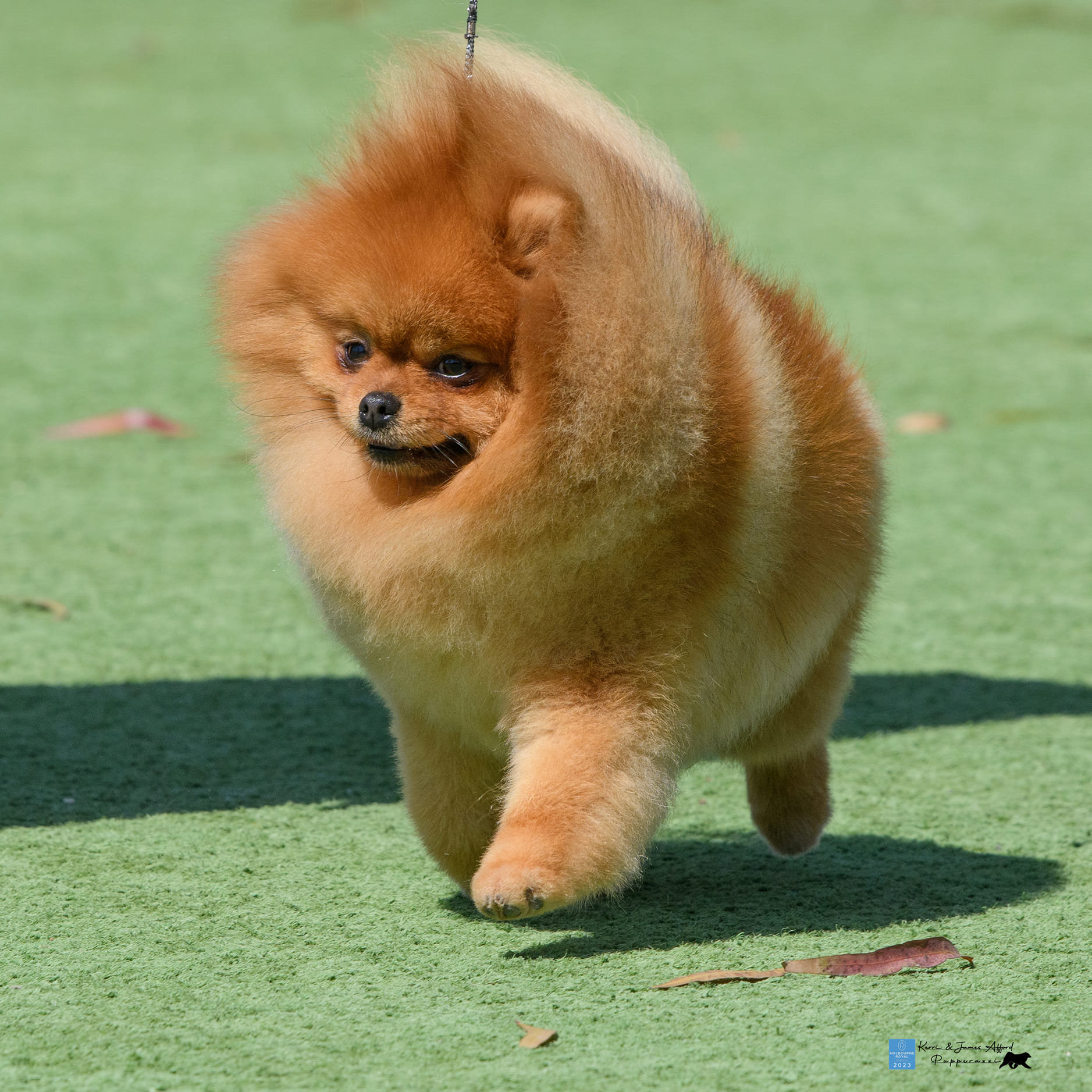Last Updated on 21/06/2020 by Denise Leo. Post first published on June 2, 2018.
You should feed your Pomeranian premium food and then you should expect his stools to be normal: firm, small and without a horrible smell. If his stool changes, that’s a signal that he has a health problem. A typical disease that dogs face, particularly if they’re young puppies, is coccidia in puppies.
Coccidia are single celled organisms (protozoan parasites) that exist in the intestinal tract of numerous animals. This problem is extremely contagious, very hard to eliminate and is deadly to numerous animals used in agriculture.
The positive news is that people aren’t susceptible to this disease. It’s also specific to a single species. This means if Pomeranians contract it, then no other canines will catch it. The coccidia that affects Pomeranians won’t cause the problem in any other species.
Coccidiosis Symptoms in Puppies:
- Sweet smelling stools, a bit like alfalfa that has been freshly cut.
- Soft stools that have a yellowish mucous.
- Their coat ends up being rough and dull.
- The animal’s eyes generally become watery.
- As the mucous lining of his intestines is more damaged, another form of bacterial infection appears.
- His stools will emit a pungent smell and there will be a lot of blood and mucous within the stools.
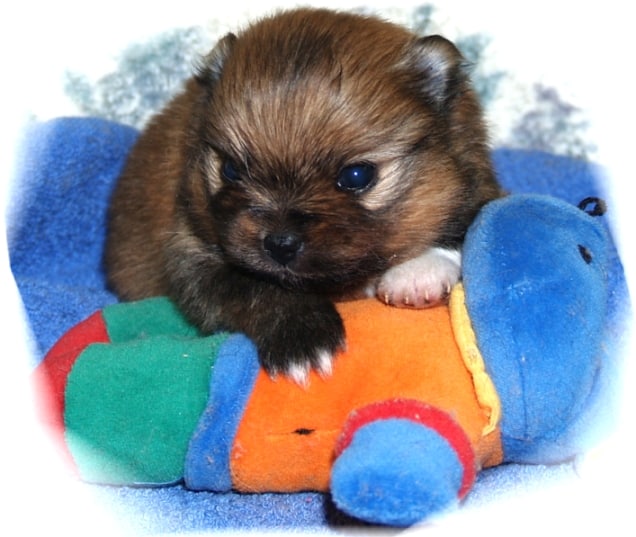
Coccidiosis symptoms in puppies resemble Giardia, a protozoan infection, apart from the stool color being much lighter and there will be a more “greasy” consistency.
It’s not unusual for there to be multiple simultaneous species of the parasitic protozoan. Cysts get shed at different rates so it’s virtually impossible to identify the specific infection by simply examining your Pomeranian pup’s feces.
When your Pomeranian puppy eats cysts that are infected, they’re expelled from his body in his stools. That’s how coccidia in puppies is spread. Your Pomeranian baby may be infected or he may be a carrier with no obvious signs that’s the case, and he keeps harboring this infection.
Coccidia in puppies is commonly thought to only be spread by animals living in crowded, filthy kennels, but this is not true. While this type of living will increase the risk, the disease can exist in any kennel or family home.
Coccidia in Puppies Treatment
The best coccidiosis treatment for puppies is the prescription drug to treat Coccidiosis effectively is Albon Sulfadimethoxine.
Give your puppy a 5% suspension, 1/4 cc per pound each day (double the first day’s dose), until he’s asymptomatic for a minimum of 48 hours.
Coccidiostat drugs won’t actually kill coccidiosis. They hinder their life cycle and this let’s the dog slowly develop a resistance to this disease. There’s a new drug that has shown a great deal of promise when it comes to killing coccidiosis.
It’s called Baycox (Toltrazuril) and vets are developing and utilizing it in Europe, Australia and Canada.
One dose of 5% suspension, 0.2 cc per pound is what you give your dog each week or fortnight, depending on the individual need. Studies have determined it’s effective and safe to give puppies. The downside is that it can’t currently be bought in the USA. However, you can import it from other countries.
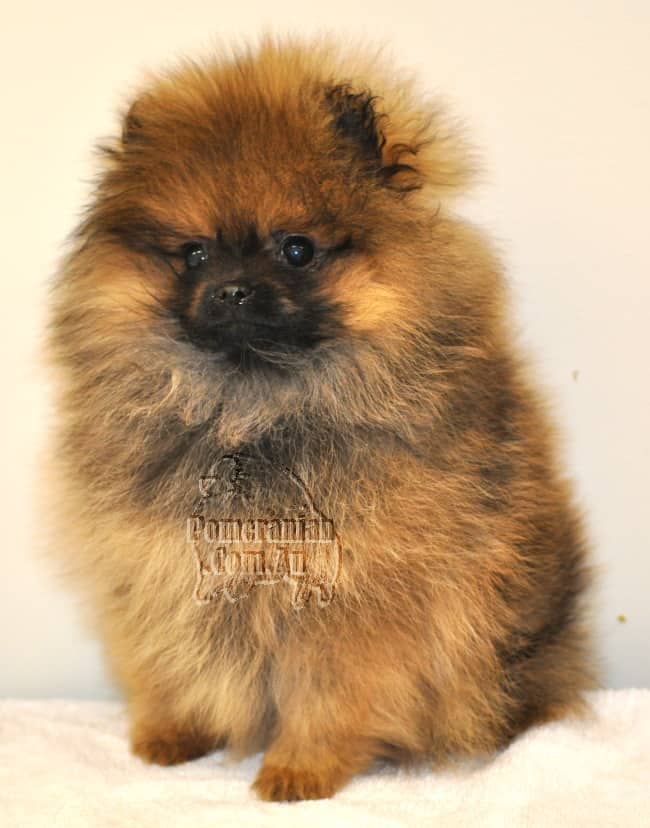
Puppy’s Environment Must be Treated
If you own a coccidiosis puppy Pomeranian that has the coccidiosis infection in its active state, it’s crucial that you immediately sterilize all produced fecal material and also completely disinfect toys, bedding and kennel surfaces every single day.
Common disinfectants and chlorine bleach can’t completely destroy coccidia. However, you can use ammonia and a Lysol concentrate. Mix one part ammonia or Lysol with 10 parts water.
Don’t use plastic bowls for water and food because the crevices may store coccidia. Change drinking water as often as necessary. Sterilize his water and food bowls regularly with a mild solution of ammonia.
You Must Keep Infected Dogs Separate From Other Dogs
Don’t let your sick pet get dehydrated. Oral electrolyte solutions and supportive care are useful. Ensure he’s kept warm and prevent drafts.
Albon is a safe drug, even if it’s needed in the long term, but one bad side effect is that it will kill good intestinal bacteria and that makes your animal more susceptible to all pathogens. While you’re treating your puppy and even after you stop using Albon, you should give your pet plain yogurt or a Probiotic supplement (beneficial microbial).
Final Thoughts on Coccidia in Puppies
To guard against any further outbreaks, ensure you keep all your animals in good health, worm free, and ensure you have the highest standards of cleanliness when it comes to anything connected with your pets. As soon as you see any symptoms connected with this disease, immediately separate that dog and get him to the vet to start treatment.
Disclaimer: The Content is not intended to be a substitute for professional veterinarian advice, diagnosis, or treatment. Always seek the advice of your veterinarian with any questions you may have regarding the medical condition of your dog. Never disregard professional advice or delay in seeking it because of something you have read on ANY website.
Copyright Pomeranian.Org. All Rights Reserved.
References and Further Reading:
[1] Denise Leo “The Pomeranian Handbook”.
The Pomeranian Handbook
[easyazon_image align=”center” cart=”y” cloak=”y” height=”500″ identifier=”0992487897″ locale=”US” localize=”y” nf=”y” src=”https://images-na.ssl-images-amazon.com/images/I/51BCuEsL2HL.jpg” tag=”petgal-20″ width=”333″]
